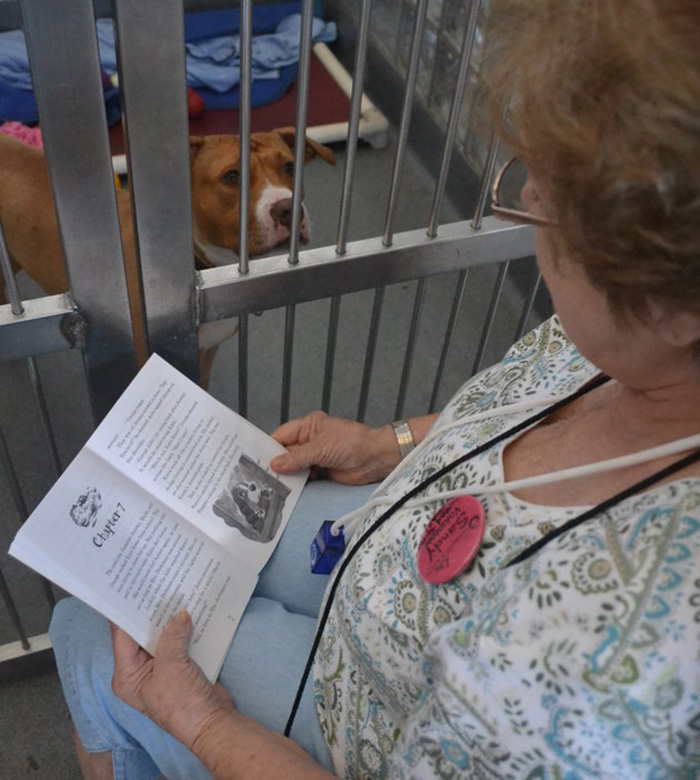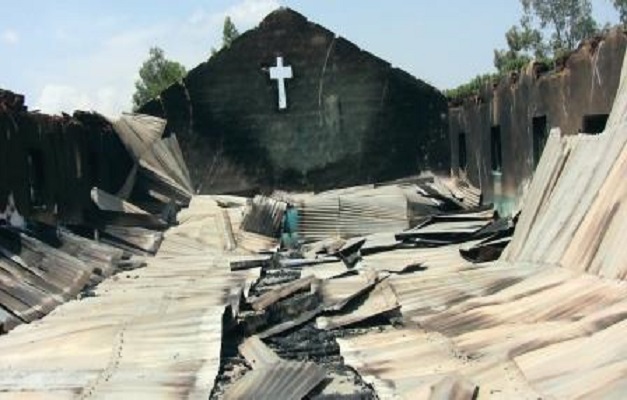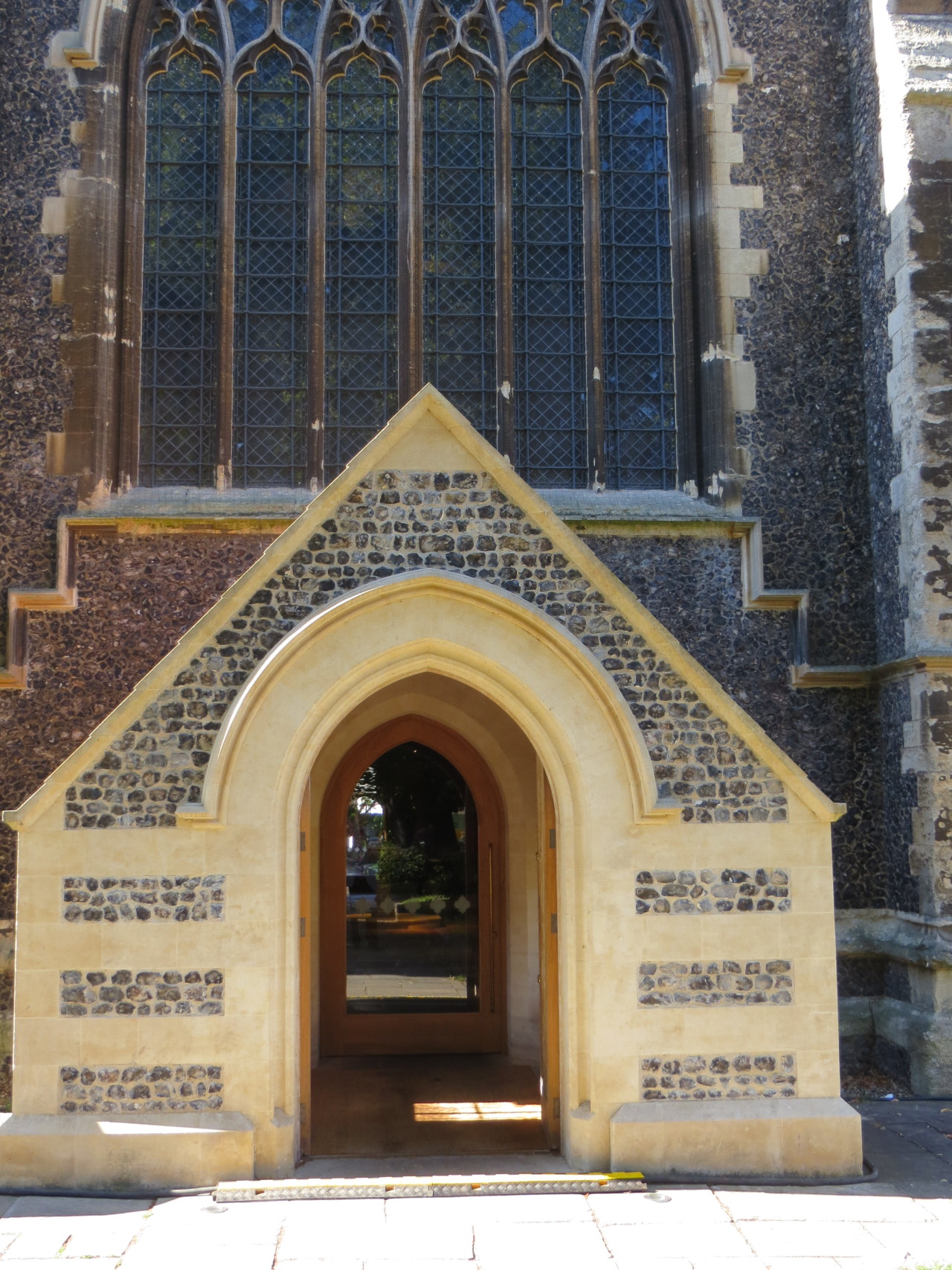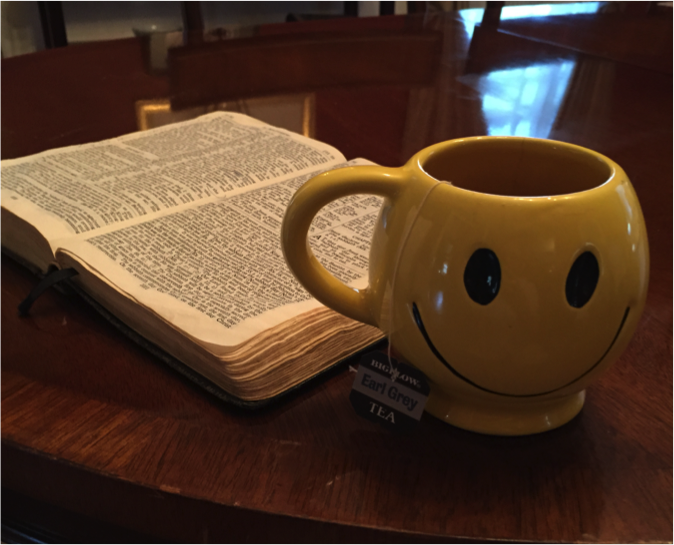We are a small Episcopal Church on the banks of the Rappahannock in Port Royal, Virginia. We acknowledge that we gather on the traditional land of the first people of Port Royal, the Nandtaughtacund, who are still here, and we honor with gratitude the land itself and the life of the Rappahannock Tribe. Our mission statement is to do God’s Will in all that we do. We welcome all people to our church.

A procession of objects from nature during the Season of Creation.
Pentecost 17 – Sept. 19, 2021 – humility, compassion and service. This is the 3rd Sunday in the Season of Creation (Sept. 1- Oct. 4) and a most unusual service – one without organ music. Check out the videos and photos to see how we got by!
Sept 19 – 11:00am, Eucharist In person in the church or on Zoom. – Join here at 10:45am for gathering – service starts at 11am Meeting ID: 869 9926 3545 Passcode: 889278
Sept. 19 – 7:00pm, Compline on Zoom – Join here at 6:30pm for gathering – service starts at 7pm Meeting ID 834 7356 6532 Password 748475
Sept. 20 – 6:30am – Be Still Meditation group in a 20 minute time of prayer Meeting ID: 879 8071 6417 Passcode: 790929
Bible Study on Wednesday 10am-12pm!
Sept. 26 – 11:00am, , Holy Eucharist, Pentecost 17
Sept. 26 – 7:00pm, Compline on Zoom – Join here at 6:30am for gathering – service starts at 7pm Meeting ID 834 7356 6532 Password 748475
Coming up Wed., Sept. 29 as part of the Season of Creation…

Village Harvest, Sept 15 – a return to more normal numbers
 Volunteers in action on Sept 15 with blueberries and oranges
Volunteers in action on Sept 15 with blueberries and oranges
The Village Harvest was about in the middle of the month on the 15th. The middle also relates to our numbers this year as of September.
Numbers in September returned closer to average. 83 were served compared to only 25 last month. 83 is just over the yearly average of 80. Most of the lower numbers were after May and were concentrated in the summer. Hopefully we are moving out of the summer slump. Catherine thinks that the signs and word of mouth helped the increased numbers in September.
Season of Creation 2021 – Theme
The Season of Creation is the annual Christian celebration of prayer and action for our common home. Together, the ecumenical family around the world unites to pray and protect God’s creation. The season starts 1 September, the World Day of Prayer for the Care of Creation, and ends 4 October, the Feast of St. Francis of Assisi, the patron saint of ecology beloved by many Christian denominations.
In 2021, the theme is “A HOME FOR ALL? RENEWING THE OIKOS OF GOD.” Oikos is the Greek word for “home,” or “household.” By rooting our theme in the concept of oikos, we celebrate the integral web of relationships that sustain the well-being of the Earth.

This year’s symbol, Abraham’s tent, signifies our commitment to safeguard a place for all who share our common home, just as Abraham did in the Book of Genesis. Abraham and Sarah opened their tent as a home for three strangers, who turned out to be God’s angels (Gen 18). By creating a home for all, their act of radical hospitality became a source of great blessing.
Abraham’s tent is a symbol of our ecumenical call to practice creation care as an act of radical hospitality, safeguarding a place for all creatures, human and more human, in our common home, the household (oikos) of God.
In Genesis God set a dome over the Earth. The word ”dome“ is where we get words such as ‘domicile’ and ’domestic’ — in other words, God puts us all is — all people, all life — under the same domed roof — we are all in the house, the oikos of God. God gave humans the ministry to take care and cultivate this oikos of God. The Rev. Dr. Martin Luther King, Jr. and others have called the oikos of God ”the Beloved Community,” a community in which all of life are equally members, though each has a different role. We need to renew our world as an interconnected and interdependent global beloved community.
The Psalmist proclaims “the Earth is the Lord’s and all that is in it.” There are two statements of faith at the heart of this song. The first is that every creature belongs to the Earth community. The second is that the entire community belongs to the Creator. A Greek word for this Earth community is oikos
By faith, we join the Psalmist in remembering that we are not stewards of an inanimate creation, but caretakers within a dynamic and living community of creation. The Earth and all that is not a given, but a gift, held in trust. We are called not to dominate, but to safeguard. By reason, we discern how best to safeguard conditions for life, and create economic, technological and political architectures that are rooted in the ecological limits of our common home. Through wisdom we pay careful attention to natural systems and processes, to inherited and indigenous traditions, and to God’s revelation in word and Spirit.
Faith gives us trust that God’s Spirit is constantly renewing the face of the Earth. Within this horizon of hope, our baptismal call frees us to return to our human vocation to till and keep God’s garden. In Christ, God calls us to participate in renewing the whole inhabited Earth, safeguarding a place for every creature, and reform just relationships among all creation.
The River as a Holy Place in the Season of Creation
This is a series on “Holy Places” from Canterbury Cathedral in England. The use of the river as a holy place fits our location backing up to the Rappahannock and appropriate to consider in the Season of Creation. Two passages considered:
Psalm 46
4 There is a river whose streams make glad the city of God,
the holy habitation of the Most High.
5 God is in the midst of the city;[b]it shall not be moved;
God will help it when the morning dawns.
6 The nations are in an uproar, the kingdoms totter;
he utters his voice, the earth melts.
7 The Lordof hosts is with us;
the God of Jacob is our refuge.
Revelation 22:1
Then the angel[a] showed me the river of the water of life, bright as crystal, flowing from the throne of God and of the Lamb.
The river is a vehicle to help us to understand truths about God. Nature imagery reveal something about God’s character since nature is God’s handiwork and bears god’s signature. Nature is good for both our health and spiritual well being.
Goodside’s M.O.R.E. Model for Effective Climate Action – REDUCE

Season of Creation focus in 2021 – Your role in reducing climate change
“Fighting climate change needs to be our life’s work.” “We’re not going to fix this overnight. It’s a marathon, not a sprint, as they say-and that means we need to train for it. “
The above is from Goodside’s M.O.R.E. Model for Effective Climate Action, a short, concise book on climate change in our time. We will review this book in September weeks. M.O.R.E is measure, offset, reduce and educate. We covered Educate last week
“Our goal with this book is to arm you with the know-how to easily adopt lifestyle changes, habits and actions that will aid in your efforts against the climate crisis”.
Goodside’s M.O.R.E. Model for Effective Climate Action – REDUCE
Educate – Learn Everything you need to understand climate change
Measure – Measure Your Carbon Footprint (How to Do It, and Why It Matters)
Reduce – Reduce Your Carbon Footprint: 26 Ways to Live More Sustainably
Offset – Offset Your Carbon Emissions (Yes, It Really Makes a Difference)
Let’s take a look at Reduce.
The US carbon foot print averages 16 tons CO2 per capita. We need to cut it 90% to 1.7 to limit the rise in temperatures to to under 2°C (3.6°F) above pre- industrial levels-and ideally, under 1.5°C (2.7°F). To date we have seen a 1.0°C increase since pre-industrial times.
Human-caused greenhouse gas emissions are responsible for the observed warming. A warmer Earth also experiences more extreme weather events, like longer fire seasons, bigger and more frequent floods, and slower and stronger hurricanes.
Goodside-Reduce-minLectionary, Sept. 26 18th Sunday after Pentecost, Year B
I. Theme – Healing and protection involving our work and inspiration from God

“Jesus Welcomes the Children” – Maha (1973)
“If any of you put a stumbling block before one of these little ones who believe in me, it would be better for you if a great millstone were hung around your neck and you were thrown into the sea” – Mark 9:42
The lectionary readings are here or individually:
Old Testament – Numbers 11:4-6,10-16,24-29
Psalm – Psalm 19:7-14 Page 606-607, BCP
Epistle – James 5:13-20
Gospel – Mark 9:38-50
Today’s readings illustrate how God can choose unexpected people to do God’s work. The readings focus on healing and protection. Neither of these entirely comes from God, but involve our agency as well as divine creativity and care.
In Numbers Eldad and Medad, though not participating in Moses’ official “commissioning,” receive the same Spirit of prophecy as the seventy elders. James suggests practical guidelines for those who wish to do God’s work. Today’s gospel reading relates how Jesus, like Moses, endorses the work of those who, though not part of his “in-group,” still bring healing in God’s name.
Readers may squirm with embarrassment at the first words out of John’s mouth in today’s gospel. He brands himself a bigot with his snooty concern: those other guys are doing good! Translated to today’s terminology, it sounds all too familiar: someone of another age group/church/parish/gender/ethnic group/system of belief is threatening our monopoly on ministry. It is especially ironic in view of the fact that the disciples themselves had just failed at exorcism (Mark 9:14-19).
The passage has particular meaning as we enter an era when people are united more by common concerns than by religious labels. Could it mean more to be a committed Christian or a faithful human being than to be a good Catholic, Episcopalian or Lutheran ? If our brothers and sisters in synagogues or mosques make inroads on a social problem that plagues us all, we cheer for them, rather than jealously wishing we’d achieved that success.
As if we weren’t already squirming enough, Jesus directs a word to those who might consider themselves more educated or advanced in faith than others. He reserves his grimmest punishment for those who take advantage of the childlike. The next time we are tempted to poke fun at the simple beliefs of others, we might remember Gehenna: the smelly, smoldering garbage dump outside Jerusalem. Our little joke or ploy might buy us a one-way ticket to the place where maggots chew on offal. Is it really worth it?
Read more about the lectionary…

Make a Gift Today! 2. Contact the Rev Catherine Hicks, Rector 4. Server Schedule Sept., 2021 5. Latest Newsletter-the Parish Post (Sept, 2021) 6. Calendar 9. Latest Sunday Bulletin (Sept. 19, 2021 11:00am), and Sermon (Sept. 19, 2021) 10. Recent Services: Readings and Prayers, Pentecost 14, Aug. 29 2021 Readings and Prayers, Pentecost 15, Sept. 5, |

Block Print by Mike Newman
Projects


3-Minute Retreats invite you to take a short prayer break right at your computer. Spend some quiet time reflecting on a Scripture passage.
Knowing that not everyone prays at the same pace, you have control over the pace of the retreat. After each screen, a Continue button will appear. Click it when you are ready to move on. If you are new to online prayer, the basic timing of the screens will guide you through the experience.

Daily meditations in words and music.

Your daily prayer online, since 1999
“We invite you to make a ‘Sacred Space’ in your day, praying here and now, as you visit our website, with the help of scripture chosen every day and on-screen guidance.”

Saints of the Week, Sept. 19, 2021 – Sept. 26, 2021
|
19
|
Theodore of Tarsus, Archbishop of Canterbury, 690 |
|
20
|
John Coleridge Patteson, Bishop of Melanesia, and his Companions, Martyrs, 1871 |
|
21
|
Saint Matthew, Apostle and Evangelist |
|
22
|
Philander Chase, Bishop, 1852 |
|
23
|
[Thecla of Iconium], Proto-Martyr among Women, c.70 |
|
24
|
[Anna Ellison Butler Alexander], Deaconness, 1947 |
|
25
|
Sergius, Abbot, 1392 |
|
26
26 |
Lancelot Andrewes, Bishop, 1626 Wilson Carlile, Priest, 1942 |


























































 The Gathering of Manna, Bernardino Luini, c 1520
The Gathering of Manna, Bernardino Luini, c 1520






 "So the sacraments hold this unusual place in the Church, in that they are both central to our life of faith and yet also can be so very confusing. In an attempt to clarify the connect between the sacraments and our daily lives, I’ll start with a phrase from St. Augustine: “visible words.” I find this phrase attractive because it helps me appreciate Baptism and Communion as the visible, physical counterpoint to the preaching and teaching of the church. That is, the sacraments are the embodiment of the proclaimed and heard gospel in physical form, the gospel given shape in water, bread, and wine. They serve us, then, as physical reminders of what we have heard and believe simply because we are physical creatures and remembering and believing can be so hard. And so we have the gospel preached to us so that we may hear it, and we have the same gospel given to us so that we may taste and touch and feel it with our hands and mouths and bodies.
"So the sacraments hold this unusual place in the Church, in that they are both central to our life of faith and yet also can be so very confusing. In an attempt to clarify the connect between the sacraments and our daily lives, I’ll start with a phrase from St. Augustine: “visible words.” I find this phrase attractive because it helps me appreciate Baptism and Communion as the visible, physical counterpoint to the preaching and teaching of the church. That is, the sacraments are the embodiment of the proclaimed and heard gospel in physical form, the gospel given shape in water, bread, and wine. They serve us, then, as physical reminders of what we have heard and believe simply because we are physical creatures and remembering and believing can be so hard. And so we have the gospel preached to us so that we may hear it, and we have the same gospel given to us so that we may taste and touch and feel it with our hands and mouths and bodies.





